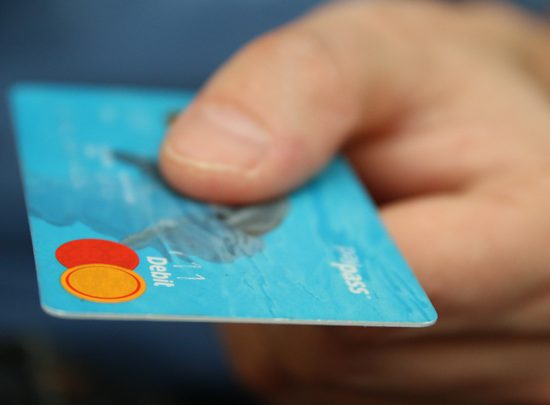
Money Tips For ALL College Students
 Creating a budget to is no easy task but once you have created one, learning how to stick to it is another matter. Below are nine simple student budgeting tips that can help boost your savings.
Creating a budget to is no easy task but once you have created one, learning how to stick to it is another matter. Below are nine simple student budgeting tips that can help boost your savings.
Create a budget. This is an important step towards becoming financially responsible and helps you reach your savings goals.
Know your habits. To create a budget you first need to know where your money goes. Keep track of all your expenses for a month. Use a student budgeting worksheet or computer program (like Excel).
Get it together. Most of the information needed to draft a budget is readily available. Collect pay stubs, tax returns, utility bills, credit card statements, loan statements, receipts, insurance bills, etc., to help get you started.
Do the math. Once you’ve gathered all the necessary information, it’s time to add up your total income and subtract your total expenses. Your expenses shouldn’t exceed your income.
Avoid the red. If you notice that your expenses do exceed your income, you’ll need to look for ways to cut back. Obviously, you still have to pay your bills, but try making small sacrifices now that will put you in a much better position in the future.
Wants vs. needs. It’s really important to know the difference between wants and needs when budgeting. Things like utility bills, food and gas are important expenses that you need to pay. Eating out at expensive restaurants is a luxury.
Reward yourself. It’s important to include paying yourself in your budget. Each month, set aside some money that you put into a savings account to reward yourself with something fun.
Expect the unexpected. It’s also a good idea to set aside some money each month for emergency purposes, such as unexpected car repairs. If you don’t use it, that’s just more savings you have for the future.
Don’t give up! Making a budget and sticking to it isn’t always easy, but keep at it and you will be in control of your financial destiny.
http://www.citizensbank.com/student-loans/budgeting.aspx
